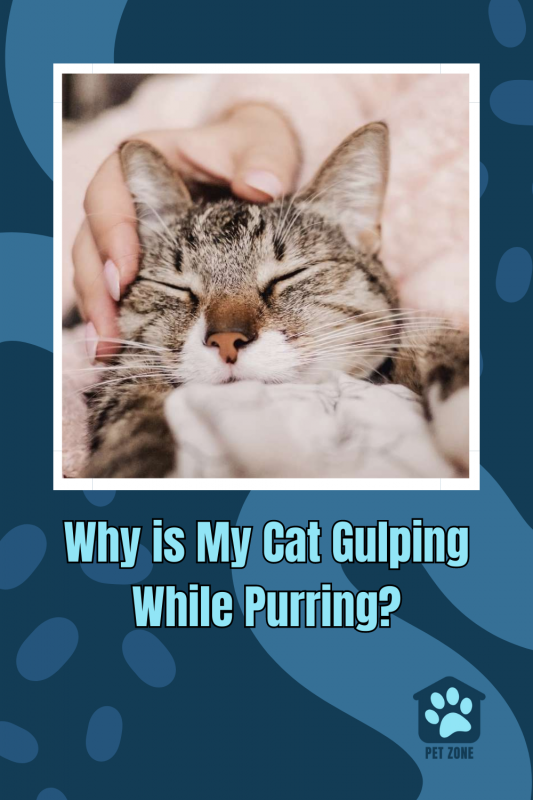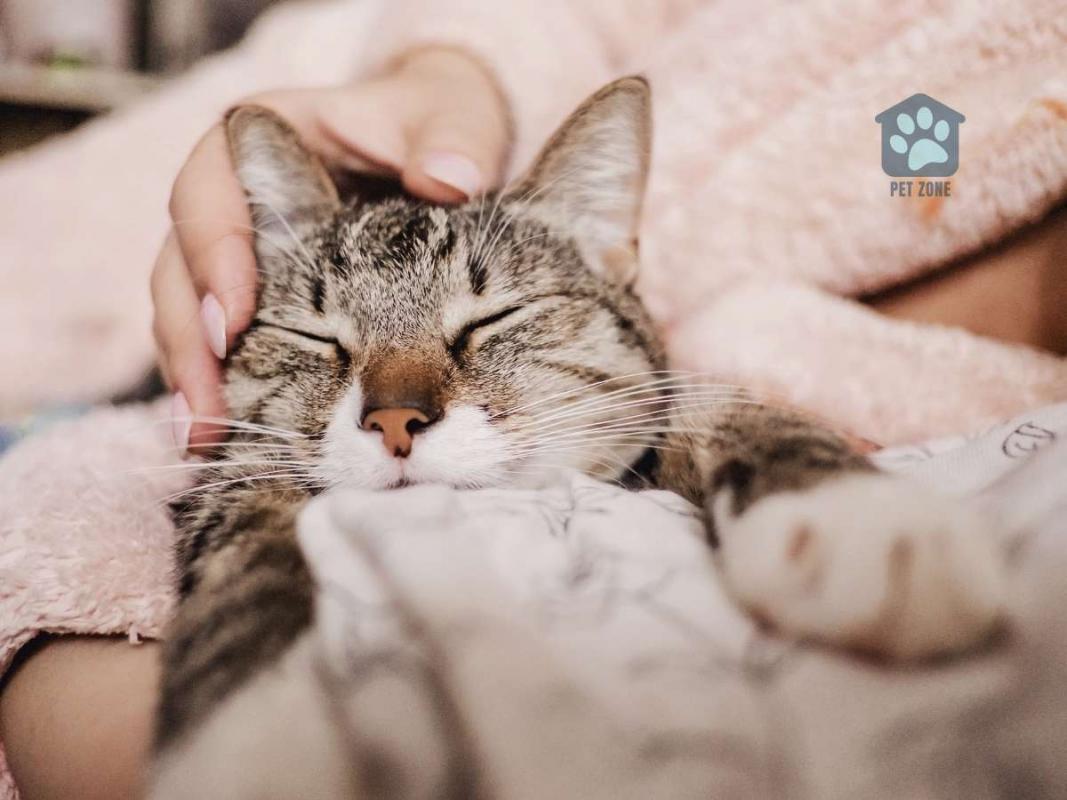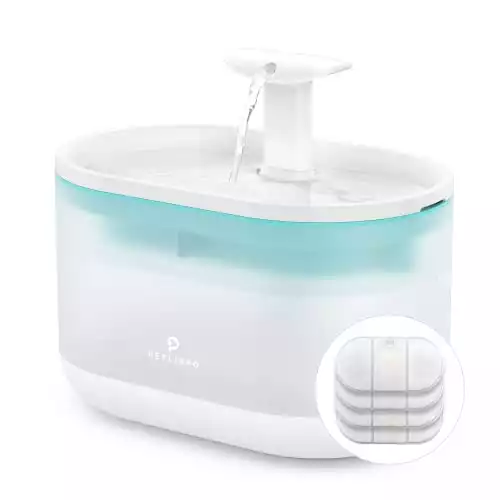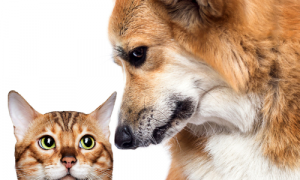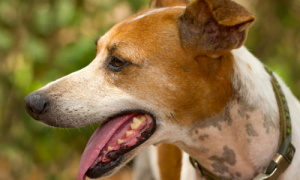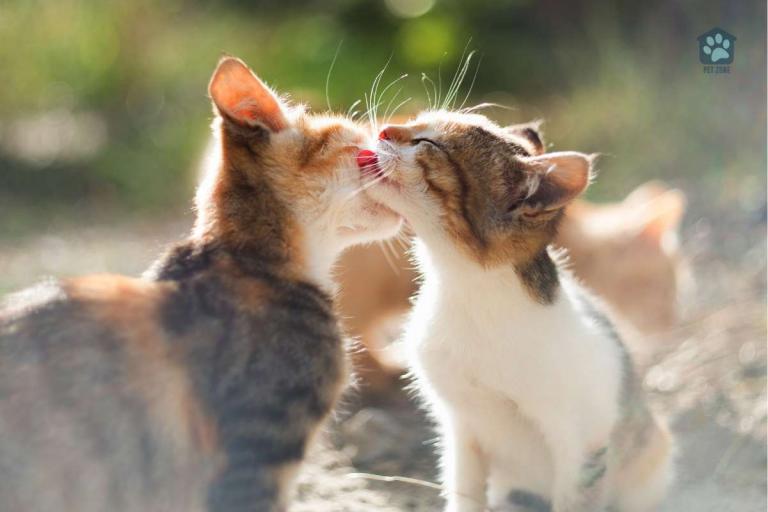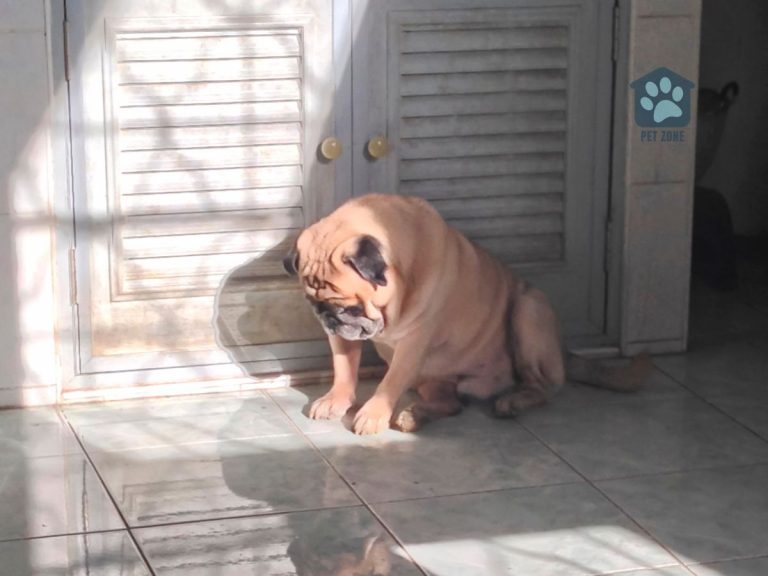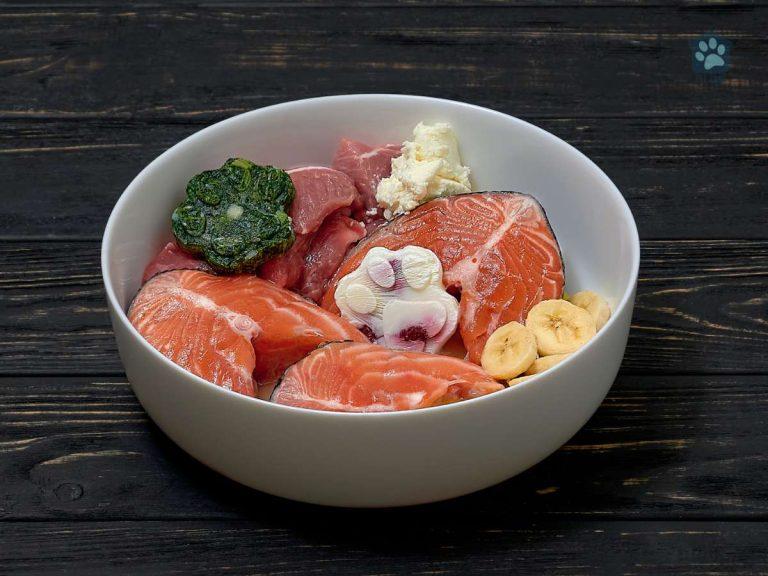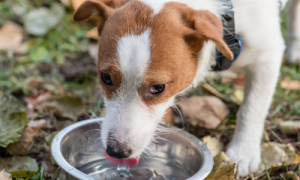Cats may sometimes gulp while purring due to a variety of reasons ranging from harmless habits to potential health concerns. Common causes include swallowing excess saliva, ingesting too much air during intense purring, acid reflux, streptococcal infections, thyroid issues, and even heart or lung diseases. If a cat’s gulping is frequent or accompanied by other symptoms, consulting a veterinarian is crucial. However, occasional gulping with no other signs of distress might not be a cause for concern.
Estimated reading time: 10 minutes
In the soothing symphony of a cat’s purr, a sudden gulp might sound like a jarring note. Why does this gentle feline serenade sometimes get interrupted in such a curious way?
Dive in as we decode the mystery behind the unexpected gulps amidst the purrs.
Understanding Purring and Gulping
Every cat owner, whether they’ve had their furry friend for years or just a few days, understands the enchantment of a cat’s purr. This rhythmic, soothing sound resonates with feelings of warmth, comfort, and contentment.
But what does it mean when this comforting purr is accompanied by a gulp? Let’s delve deeper.
The Purr
To the uninitiated, a cat’s purr is a straightforward sign of a happy and contented feline. But delve a bit deeper, and you’ll find it’s a symphony of emotions.
Cats don’t just purr out of happiness. Sometimes, it’s their way of seeking attention, signaling discomfort, or even indicating an ailment. It’s a form of communication, as vital as meowing, but often more subtle.
For instance, a soft, rhythmic purr might be your kitty’s way of saying, “I feel safe and loved.” But your cat purring loudly could be a plea for attention or even a sign of distress.
The Gulping Sound
Now, imagine you’re enjoying a serene moment, listening to your cat purr. Suddenly, you hear a distinct gulping or swallowing sound. It’s not something you hear every day, and it’s certainly not as familiar as the purr.
This sound, often fleeting, can be a result of several factors. Maybe your cat has just finished a hearty meal, or perhaps she’s trying to manage a hairball. But when these gulps come in the absence of eating or grooming activities, it raises questions. Is it a sign of distress? Is my cat okay?
Understanding why this happens is crucial for any cat owner, especially if it becomes a recurring event.
Reasons Your Cat May Make Gulping Sounds While Purring
Swallowing Excess Saliva
Much like humans, cats have moments where saliva production increases. This can be due to multiple reasons.
One key reason is their meticulous grooming habits. As they groom, they ingest fur which stimulates saliva production. When this is combined with the act of purring, it can lead to an increase in the need to swallow.
Over time, especially if the cat is shedding or if the weather is warmer, you might notice this behavior more frequently.
Swallowing Air
The soothing act of purring, which every cat owner cherishes, is not just a sound—it’s a complex mechanism. As your kitty purrs with intensity or for prolonged periods, she might inadvertently take in extra air.
This isn’t necessarily linked to eating or drinking. It’s about the very act of purring. As the cat realizes there’s more air than usual in its system, it tries to regulate, leading to the swallowing or gulping sound you notice.
Acid Reflux or GERD
Cats, like all creatures, can experience digestive issues. Acid reflux, known more formally as Gastroesophageal Reflux Disease (GERD), is one such issue. It feels uncomfortable—a sensation where the stomach’s contents re-enter the esophagus, causing a burning or unsettling feeling.
If a cat experiences this, its natural response might be to swallow frequently, attempting to push down the ascending fluids and find relief.
Streptococcal Infection
The world of bacteria doesn’t spare our feline friends. One of the bacteria, Streptococcus, can lead to infections in cats, similar to how it affects humans.
A streptococcal infection primarily targets the throat, leading to inflammation and discomfort. An infected kitty might feel an itch or irritation in its throat, and gulping while purring can be a way to seek momentary relief.
Thyroid Issues
The thyroid gland, albeit small, plays a pivotal role in a cat’s body. It regulates metabolism and controls the production of crucial hormones. When it goes haywire—either producing too many hormones (hyperthyroidism) or too few—it throws multiple body functions off balance.
Among the myriad symptoms a thyroid issue can manifest, gulping is one. This might be due to the gland’s influence on swallowing and metabolic processes.
Respiratory Concerns
Just as humans face upper respiratory infections, cats aren’t immune either. Conditions like feline asthma can affect them. And while we might associate asthma with wheezing or difficulty in breathing, for cats, the signs can be subtler.
They might adjust their breathing patterns during episodes, leading to sounds like gulping, especially during calming activities like purring.
Other Factors That Make Your Cat Swallow Hard
While we’ve discussed the primary reasons, it’s crucial to know that cats, just like humans, can display unique behaviors based on individual factors. Here are a few more considerations:
Hairballs
Every cat owner has encountered hairballs at one point or another. As cats groom themselves, they often swallow loose hairs. These hairs can sometimes form clumps in their stomach, which they try to expel.
The act of managing or trying to cough up a hairball can sometimes lead to gulping. Regular grooming of your cat can help in reducing the frequency of hairballs.
Asthma and Allergies
Asthma isn’t just a human ailment. Cats, especially older ones, can suffer from feline asthma attacks. Asthma in cats can make it challenging for them to breathe, especially when they’re relaxed or purring. This can lead to intermittent gulping.
Similarly, allergies to certain elements in their environment (like pollen or specific types of cat food) can cause similar reactions. Keep an eye out for other signs like wheezing or excessive coughing.
Physical Discomfort
Sometimes, the simplest explanation is the right one. If a cat has just eaten or drunk water quickly, she might gulp or swallow hard to manage the sudden intake. Additionally, if there’s an irritation in their throat—maybe a tiny piece of food or a speck of dust—they might gulp to try to dislodge it.
Dental or Gum Issues
Dental health is as crucial for cats as it is for humans. Issues like gum disease, tooth decay, or oral injuries can cause discomfort. A cat trying to manage this discomfort might gulp more frequently, especially when engaged in activities like purring, which can put added pressure on her oral cavity.
Behavioral Factors
Sometimes, cats might display behaviors that aren’t linked to any physical ailment. Gulping might be one such quirk. If you’ve ruled out other causes and your vet has given your feline friend a clean bill of health, it could just be a behavioral trait unique to your kitty.
Understanding your cat’s behaviors and habits is key. If behavior like gulping becomes frequent or is accompanied by other signs of distress, it’s always a good idea to check with your vet. But remember, every cat is unique. What’s normal for one cat might be unusual for another.
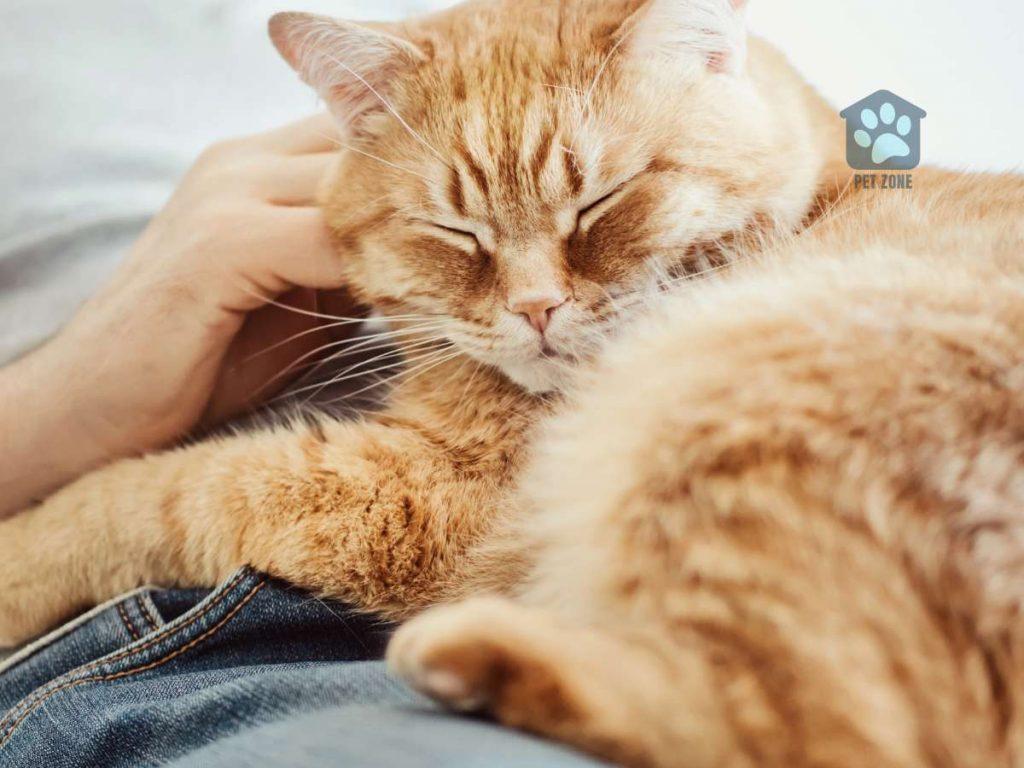
When to Consult Your Vet
Being a responsible cat owner is not just about feeding and grooming your feline friend; it’s also about understanding their health signals. Observing a new behavior in your cat can be concerning, especially if it persists. But how do you decide if you should take her to the vet?
Frequency of the Behavior
A single instance of gulping might not be a cause for concern. Cats, like humans, have their peculiar habits and behaviors. However, if you notice your cat has been making gulping sounds every time they purr or even outside of purring sessions, it might be time to pay more attention.
Accompanying Symptoms
If your cat’s gulping is accompanied by other signs—maybe they’re coughing more often, have decreased appetite, show a lack of energy, or drool excessively—it indicates a deeper issue. Such combinations of symptoms are a clear signal to consult your vet.
Changes in Eating or Drinking Habits
If your cat starts eating less or struggles while swallowing their cat food, it’s a red flag. Similarly, if they’re drinking water excessively or avoiding it altogether, it could be indicative of an underlying issue.
Behavioral Changes
Cats are creatures of habit. A sudden shift in behavior, like hiding more often, being less playful, or being more vocal, especially when combined with gulping, should be taken seriously.
Age of Your Cat
Kittens and older cats are generally more susceptible to certain health issues. While a young kitten might be exploring and understanding their body’s responses, older cats could be signaling age-related problems. Recognizing this difference is essential.
Prevention and Care: Ensuring Your Cat’s Wellbeing
Prevention is often the best cure. While you might not be able to stop every gulp or hiccup your cat makes, you can definitely put in measures to ensure their overall health and comfort.
Regular Vet Check-ups
Even if your cat seems perfectly fine, it’s good practice to have regular vet check-ups. This helps in early detection of potential problems and ensures your kitty is in the best of health. Plus, the vet could offer advice tailored to your cat’s unique needs.
Groom Your Cat Regularly
Cats are meticulous groomers, but they still benefit from a little help now and then, especially breeds with longer fur. Brushing your cat not only reduces the chances of hairballs but also offers a chance to check for skin issues or parasites.
Dietary Watch
The food your cat consumes plays a significant role in their health. Ensure you’re providing high-quality cat food, and watch for any allergic reactions. Some cats might need a change of diet due to specific health conditions or age.
Hydration
Always ensure your cat has access to fresh water. Dehydration can lead to multiple issues, including difficulty swallowing.
As a cat owner for almost 50 years, I can tell you that getting your cats to drink fresh water is critical and often just as challenging. Here is the water fountain I personally use and recommend!
This is the water fountain I use personally for my two cats, Zelda and Zander. They absolutely love it and they both drink from it several times every day. I feel better knowing that they are both drinking fresh water on a regular basis--especially Zander, who is a senior cat and needs to stay hydrated.
It's super affordable, easy to maintain, and almost completely silent except for the occasional trickling sound of water.
- Quadruple Filtration System
- Runs Ultra Quietly
- Easy to Set Up and Clean
Safe Environment
Cats are curious creatures. Ensure they’re not getting into substances or plants that could be toxic to them. Keeping harmful chemicals or certain household plants out of their reach can prevent many potential problems.
Stress Reduction
A stressed cat can display various symptoms, including gulping. Ensure their environment is calm, offer toys for stimulation, and create safe spaces where they can retreat and relax.
Educate Yourself
The more you know, the better you can care for your feline friend. Attend workshops, read articles, or join cat owner groups to share experiences and gain insights.
Your cat depends on you for their well-being. By being proactive and attentive, you can ensure they lead a happy, healthy life and reduce the chances of unexpected health issues.
Conclusion
Every cat owner cherishes the soft purring sound their feline friend makes, a sign of comfort and contentment. But when this comforting sound is interrupted by a gulp, it can lead to worry and concern. As we’ve explored, the reasons for a cat gulping while purring can range from simple habits to underlying health issues.
Being attentive to your cat’s behaviors, understanding their unique quirks, and being proactive in their health care can make all the difference. The act of purring and the occasional gulp is a part of your cat’s communication. Listening, observing, and acting when necessary will ensure your kitty remains in the best of health.
While we’ve equipped you with knowledge on the potential causes and solutions, remember: always consult your vet if you have concerns about your cat’s health. Your proactive approach, combined with expert advice, will give your cat a better experience and a longer, happier life.
After all, as cat owners, we all strive for that comforting purr to be a sign of our content and healthy cat.
Join the Conversation and Spread the Word
We love hearing from our readers! If you’ve observed similar behaviors in your cat or have additional insights, please drop a comment below. Your experiences enrich our community’s knowledge.
And if you found this article helpful or think it might benefit another cat owner you know, please consider sharing it on your favorite social media platforms. Let’s work together to keep our feline friends healthy and happy!
Feel free to leave your thoughts in the comments below, and if you found this article enlightening, don’t hesitate to share it with your friends on social media!
As an Amazon Associate I earn from qualifying purchases.
